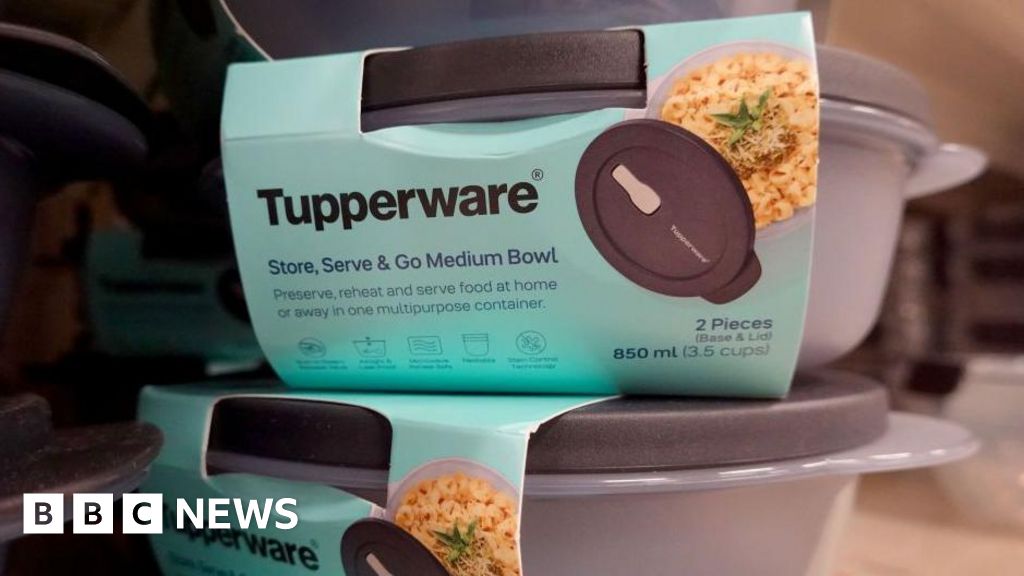Stay informed with free updates
Simply sign up to the UK inflation myFT Digest — delivered directly to your inbox.
UK inflation held steady at 2.2 per cent in August, leaving the door open for the Bank of England to cut interest rates again this year.
The annual increase in consumer prices, reported by the Office for National Statistics on Wednesday, was unchanged from July’s rate and matched the expectations of economists polled by Reuters.
The figures come as the BoE’s Monetary Policy Committee prepares to announce its latest rate decision on Thursday after cutting the rate by a quarter point to 5 per cent in August.
Economists said persistent price pressures in the services sector, which were evident in Wednesday’s inflation release, mean the MPC will probably leave rates unchanged this week.
But the bank is widely expected to trim rates again later this year as BoE governor Andrew Bailey signals growing confidence that the BoE is getting the price surge under control and as the momentum in the economy cools.
“A pause on interest rate cuts was already expected tomorrow and today’s release cements that view,” said Ruth Gregory at Capital Economics. “We continue to assume the next [quarter] point rate interest rate cut will take place in November.”
Traders scaled back bets on the possibility of the MPC cutting the rate on Thursday to about 25 per cent, from 35 per cent ahead of the release of the inflation figures. Sterling edged higher to 0.13 per cent to $1.3178.
Headline inflation remained close to the BoE’s 2 per cent target in August, after hitting the goal for the first time in three years in May following a surge that took inflation above 11 per cent in 2022.
Darren Jones, chief secretary to the UK Treasury, said: “Years of sky-high inflation have taken their toll; and prices are still much higher than four years ago. So, while more manageable inflation is welcome, we know that millions of families across Britain are struggling.”
Services inflation, the BoE’s key measure of domestic price pressures, rose to 5.6 per cent, marginally above economists’ expectations of 5.5 per cent and up from 5.2 per cent in July, according to the new figures.
The figure was driven by a sharp increase in airfares, which rose 22 per cent between July and August — the second-biggest such increase on record, according to the ONS.
That jump was offset in the overall inflation reading by weakness in fuel prices, as well as by softer charges by restaurants and hotels.
Core inflation, which strips out volatile food and energy prices, was 3.6 per cent in August compared with 3.3 per cent in July.
James Smith at ING said the BoE was unlikely to be overly concerned by the airfare surge given the volatility of that category, and that there were “good reasons” to think inflation pressures would ease into year-end.
“We think the broad consensus at the BoE will shift in favour of faster rate cuts through the winter,” he said.
The data come after wage growth, another key metric being watched by the BoE, eased in the three months to July. Annual earnings growth, excluding bonuses, declined to 5.1 per cent, down from 5.4 per cent in the three months to May, according to the ONS.
Meanwhile, the overall economy has been struggling to maintain momentum, with output stagnating in June and July.
The BoE’s decision this week comes as the Federal Reserve is expected to trim rates by a quarter point as fears over inflation in the US give way to concerns about job creation.
Credit: Source link










